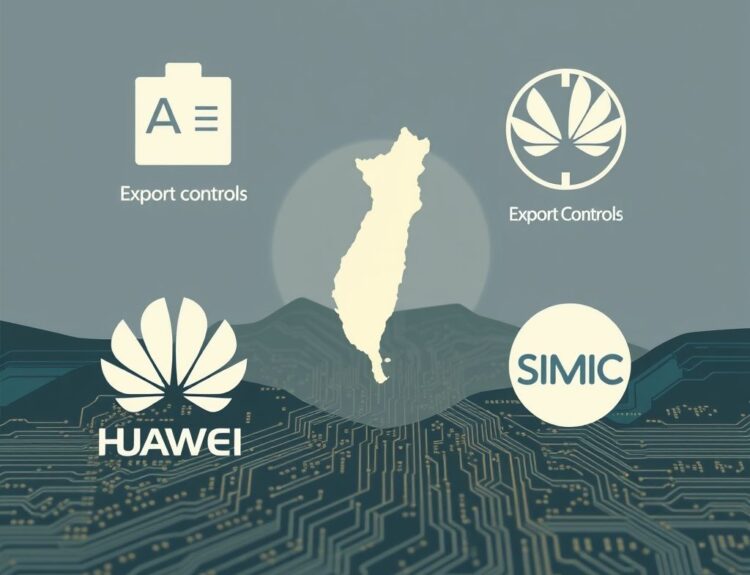Heard the one about the Silicon Valley exec swapping their fancy vest for a uniform? While that’s grabbing headlines, there’s a less flashy, but potentially bigger, story brewing: the U.S. Navy is actively courting startups. And, honestly, it got me thinking – this isn’t your grandpa’s Navy anymore.
I stumbled across a fascinating piece in TechCrunch about how the Navy’s CTO, Justin Fanelli, has been on a mission to bring cutting-edge tech from the startup world into the naval sphere. This isn’t just about weaponry; it’s about everything from data analytics to logistics to communication systems.
Why is this a big deal? Well, traditionally, the Navy (and frankly, most government organizations) are slow-moving behemoths. Navigating the bureaucracy, securing contracts, and meeting stringent requirements can feel like climbing Mount Everest in flip-flops for a small startup.
But the Navy realizes it needs to adapt. They need the agility, innovation, and fresh perspectives that startups bring to the table. As Secretary of the Navy Carlos Del Toro stated in 2023, “Innovation is no longer a luxury, but a necessity.” https://www.navy.mil/Press-Office/Press-Releases/display-pressreleases/Article/3435847/secretary-of-the-navy-emphasizes-innovation-during-visit-to-navalx-mid-atlantic/
The good news is that it appears they’re willing to make the process easier for startups. That means less red tape, clearer communication, and a genuine desire to collaborate.
According to a report by the Government Accountability Office (GAO), the Department of Defense (DoD), including the Navy, needs to improve its outreach and engagement with small businesses to foster innovation. https://www.gao.gov/products/gao-23-105936 It seems like the Navy is taking this to heart.
And let’s be real, the benefits are two-fold. Startups gain access to potentially lucrative contracts, invaluable experience, and the prestige of working with a major institution. The Navy gets access to cutting-edge technology that can help them stay ahead of the curve. It’s a win-win.
Here are 5 Key Takeaways:
- The Navy is actively seeking startup partnerships: They’re not just saying it; they’re putting in the work to make it happen.
- It’s not just about defense tech: The Navy needs innovative solutions across a wide range of areas, opening doors for diverse startups.
- Expect simplified processes (hopefully): The Navy is working to reduce bureaucratic hurdles for startups.
- Big opportunity for startups: Access to funding, experience, and a massive platform.
- Defense innovation is more critical than ever: Global events highlight the need for the best technology available, and startups are a key part of the equation.
It will be interesting to see how the Navy plans to make the collaborations easier for startups. I believe this is a turning point because there is a mutual benifit to see this works!
FAQs: Startups and the Navy
-
What kind of startups is the Navy looking for? The Navy is interested in startups across various sectors, including AI, data analytics, cybersecurity, logistics, and advanced materials.
-
How can a startup get involved with the Navy? Startups can explore opportunities through platforms like the Small Business Innovation Research (SBIR) program and by directly contacting the Navy’s innovation offices.
-
What are the benefits for a startup working with the Navy? Benefits include access to funding, mentorship, testing facilities, and the potential for long-term contracts.
-
What are the challenges for a startup working with the Navy? Challenges can include navigating complex regulations, meeting stringent security requirements, and adapting to the Navy’s specific needs.
-
How is the Navy making it easier for startups to work with them? The Navy is streamlining procurement processes, increasing transparency, and providing resources to help startups navigate the bureaucracy.
-
What role does cybersecurity play in Navy-startup partnerships? Cybersecurity is a critical concern, and startups must demonstrate a strong commitment to protecting sensitive data and systems.
-
Is there funding available specifically for startups working with the Navy? Yes, programs like SBIR and Small Business Technology Transfer (STTR) provide funding opportunities for startups developing innovative technologies for the Navy.
-
How does the Navy ensure that startups are treated fairly? The Navy is committed to fair competition and provides avenues for startups to address concerns or grievances.
-
What are the long-term prospects for startups working with the Navy? Successful partnerships can lead to long-term contracts, increased credibility, and opportunities to expand into other government sectors.
-
How can Cameroonian startups participate in these opportunities? While focused on US startups, understanding the needs of a major navy and developing relevant technology can open doors for partnerships or subcontracts. Researching US defense procurement regulations and identifying potential US partners can be a good starting point.








